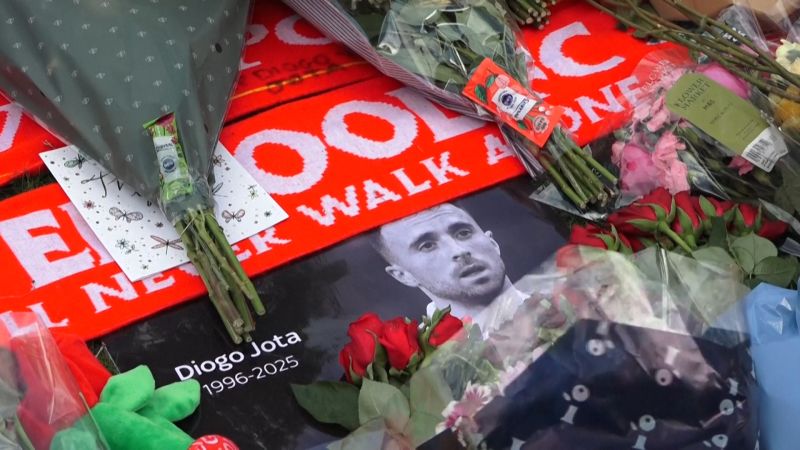Clarke University to Eliminate 13 Programs Amid Budget Challenges

Clarke University in Dubuque, Iowa, announced it will phase out 13 academic programs at the end of the current school year. This decision, part of an “organizational rightsizing” strategy aimed at addressing a significant budget shortfall, has generated shockwaves within the university community. Among the programs slated for elimination are majors in English, music, and religious studies, which reflect a historical commitment to the liberal arts.
The announcement has raised concerns among students and faculty alike, particularly given the university’s rich legacy. Notable figures in its history, such as Mary Frances Clarke and Catherine Dunn, championed the importance of these disciplines. They served as reminders of a time when the humanities were central to educational pursuits. Yet, university administrators face mounting pressures as they navigate challenges inherent to small, private institutions. Declining enrollment, rising operational costs, and increased competition from alternative education models have forced many schools to make difficult decisions.
As Clarke University embarks on this challenging transition, the hope is that these changes pave the way for a more sustainable future. The institution has faced adversity before; a significant fire just before graduation in March 1984 destroyed parts of the campus, causing approximately $15 million in damages. Then-President Dunn’s determination to rebuild and continue operations amid the crisis exemplified the resilience of the Clarke community. Volunteers rallied to support the recovery efforts, demonstrating the strong ties between the university and the local population.
Lessons from the University of Dubuque
A nearby institution, the University of Dubuque, presents a case study in overcoming similar challenges. In 1999, under the leadership of President Jeffrey Bullock, the university implemented a “plan for transformation” that involved cutting 23 majors and laying off 14 faculty members. Facing plummeting enrollment and deteriorating facilities, the university had to make significant changes to avoid closure.
Bullock’s leadership focused on core academic programs and rebuilding the university’s reputation. Over the next five years, the University of Dubuque not only survived but thrived, receiving $43 million in donations from benefactors. This included a recent $60 million contribution from John and Alice Butler to establish a new College of Osteopathic Medicine and a $35 million legacy gift from Joseph and Linda Chlapaty for the Chlapaty Center for Innovation.
While not every institution can replicate the success of the University of Dubuque, it serves as a testament to the potential benefits of making tough decisions in the face of adversity. The Clarke community now faces a pivotal moment, requiring the same resolve that has defined its history.
A Call for Community Support
As Clarke University navigates this difficult period, support from the Dubuque community will be crucial. The hope is that local citizens and alumni will rally around the university, much like they did after the fire in 1984. The current leadership must engage stakeholders effectively to foster a sense of unity and shared purpose.
The challenge ahead is daunting, but history has shown that with determination and community backing, institutions can emerge from crises stronger than before. As Clarke University embarks on this new chapter, the resilience of its community will play a key role in shaping its future. The path forward is uncertain, but the commitment to adapt and thrive remains vital.






